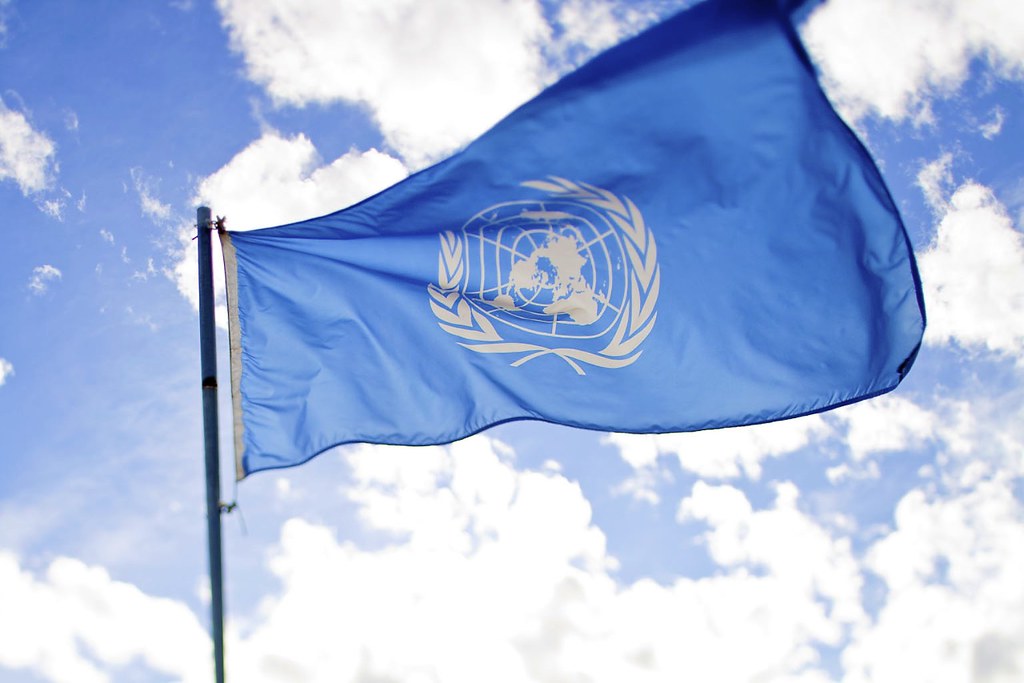The past April 12 was a milestone in the history of the United Nations. For the first time, the candidates for the post of UN Secretary-General participated in public hearings, explaining their “vision” for the future of the world organization and answering to questions of the Member States. (An overview of all candidates and their resumes as well as links to the videos of their hearings can be found here.) Subsequently, four of the eight candidates also took part in a debate organized by various non-governmental organizations and the Guardian. Another debate is to follow in early June.
A change for the better
These hearings were the provisional culmination of an attempt to make this year’s election of a successor to Ban Ki-moon more transparent and participatory. Previously, the permanent members of the UN Security Council had in practice decided the selection of a new Secretary-General amongst themselves, often haggling behind closed doors until the last minute. The new procedure, by contrast, shall provide for a clearer timetable and greater involvement of the public. (I have written about this with more detail on this blog, for example here and here.)
Although the formal rules of decision are still the same as before, there is good reason to hope that this new transparency will change the election for the better. Unlike earlier years, the public has now a chance to form an opinion: we know which candidates there are to choose from and what objectives they represent. This, in turn, also increases the pressure on the governments in the UN Security Council to publicly justify their decision for one or the other contender. It has become a bit more difficult to purposefully select a weak and convenient (for the great powers) candidate, because it is clear now what the alternatives would have looked like.
Reforms in the United Nations are possible
Certainly, we are still far away from a truly democratic election of the head of the main UN executive body. And yet the new process is a big step in the right direction – and a success that many would have deemed impossible only a few years or even months ago.
Therefore, on a symbolic level, the changes in the election of the Secretary General point far beyond their actual content. They show that the idea that the United Nations can’t evolve is wrong. The world organization may be complex, there may be many divergent interests, and many things may further be complicated because of diplomatic conventions and bureaucratic internal dynamics. But reforms in the United Nations are possible, and sometimes they do actually occur.
If you could change one thing about the UN, what would it be?
Therefore, the election of the new Secretary-General shall be the occasion for a new series of guest articles on this blog, which will explore the prospects of UN reform. Representatives from politics, academia and civil society are going to respond to the question: “If you could change one thing about the functioning of the United Nations, what would it be?”
If you could change one thing about the functioning of the United Nations, what would it be?
1: Start of the series [DE / EN]
2: A new process for selecting the UN Secretary General [DE / EN] ● Stephen Browne
3: The Secretariat of the United Nations: Independent, efficient, competent? [DE / EN] ● Franz Baumann
4: Putting citizens at its heart: The UN needs a 21st century makeover [DE / EN] ● Dhananjayan Sriskandarajah
5: Weichenstellung für die Vereinten Nationen: Wie kann der Sicherheitsrat reformiert werden? [DE] ● Sven Gareis
6: The World’s Citizens need to take back control – with a Global Parliament [DE / EN] ● Andreas Bummel
7: Elect the Council: Global Security Needs a reformed UN Security Council [DE / EN] ● Jakkie Cilliers and Nicole Fritz
1: Start of the series [DE / EN]
2: A new process for selecting the UN Secretary General [DE / EN] ● Stephen Browne
3: The Secretariat of the United Nations: Independent, efficient, competent? [DE / EN] ● Franz Baumann
4: Putting citizens at its heart: The UN needs a 21st century makeover [DE / EN] ● Dhananjayan Sriskandarajah
5: Weichenstellung für die Vereinten Nationen: Wie kann der Sicherheitsrat reformiert werden? [DE] ● Sven Gareis
6: The World’s Citizens need to take back control – with a Global Parliament [DE / EN] ● Andreas Bummel
7: Elect the Council: Global Security Needs a reformed UN Security Council [DE / EN] ● Jakkie Cilliers and Nicole Fritz
Picture: By sanjitbakshi [CC BY 2.0], via Flickr.

Keine Kommentare:
Kommentar veröffentlichen
Kommentare sind hier herzlich willkommen und werden nach der Sichtung freigeschaltet. Auch wenn anonyme Kommentare technisch möglich sind, ist es für eine offene Diskussion hilfreich, wenn Sie Ihre Beiträge mit Ihrem Namen kennzeichnen. Um einen interessanten Gedankenaustausch zu ermöglichen, sollten sich Kommentare außerdem unmittelbar auf den Artikel beziehen und möglichst auf dessen Argumentation eingehen. Bitte haben Sie Verständnis, dass Meinungsäußerungen ohne einen klaren inhaltlichen Bezug zum Artikel hier in der Regel nicht veröffentlicht werden.